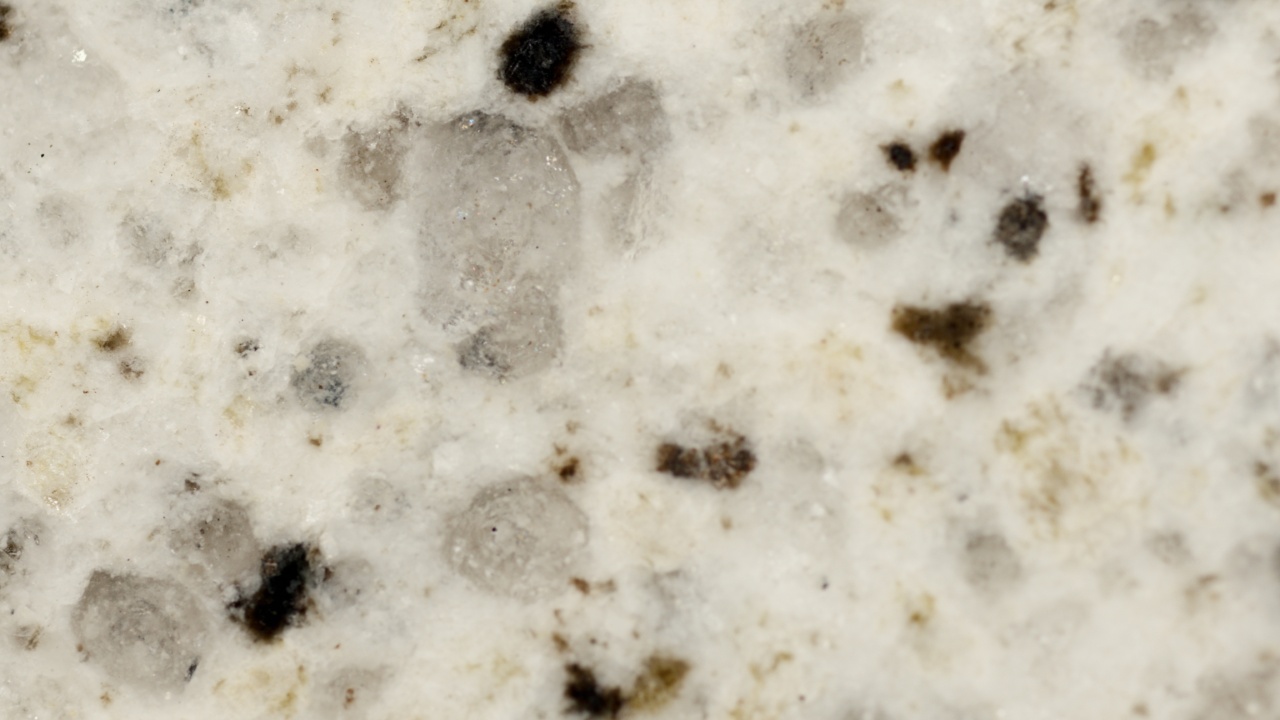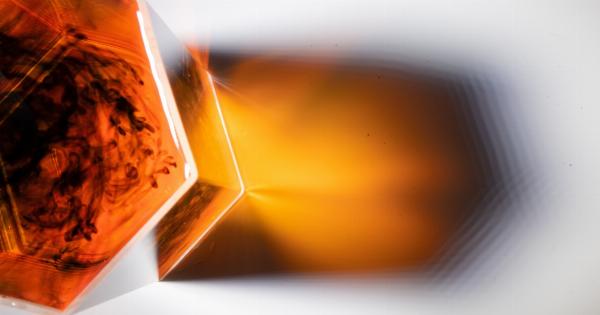Black spots, also known as dark spots or hyperpigmentation, are a common skin concern among people of all ages and skin types. This condition can be caused by various factors including sun damage, hormone fluctuations, acne scars, and aging.
If left untreated, black spots can become more visible and harder to fade over time. Thankfully, dermatologists have come up with two of the most effective approaches for treating black spots. Read on to find out more about these approaches.
Approach 1: Topical Treatments
The first approach that dermatologists recommend for treating black spots is through topical treatments. These treatments usually come in the form of creams, serums, or lotions. They contain ingredients that help lighten the skin and fade dark spots.
Some of the most commonly used ingredients in topical treatments for black spots include:.
1. Hydroquinone
Hydroquinone is a skin lightening agent that has been used for many years to treat hyperpigmentation. It works by inhibiting the production of melanin, the pigment that gives our skin its color.
Hydroquinone can be found in over-the-counter creams or prescribed by a dermatologist. It’s important to note that hydroquinone can cause skin irritation and should not be used for long periods of time.
2. Retinoids
Retinoids are a group of compounds derived from Vitamin A that are commonly used to treat acne, but they can also help lighten black spots. Retinoids work by increasing cell turnover, which speeds up the fading process of dark spots.
They are available in both prescription and over-the-counter forms.
3. Vitamin C
Vitamin C is a powerful antioxidant that can protect the skin from free radicals that contribute to skin damage and aging. It can also help lighten black spots by inhibiting the production of melanin.
Vitamin C can be found in many skincare products, including serums and creams.
Approach 2: Dermatological Procedures
The second approach that dermatologists recommend for treating black spots is through dermatological procedures. These procedures are usually done in a dermatologist’s office and are more invasive than topical treatments.
However, they tend to be more effective in treating stubborn black spots. Some of the most commonly used dermatological procedures for black spots are:.
1. Chemical Peels
Chemical peels involve applying a solution to the skin that causes the top layer to peel off, revealing smoother, clearer skin underneath.
The solution used in chemical peels can contain various ingredients such as alpha-hydroxy acids, beta-hydroxy acids, and trichloroacetic acid. Chemical peels can be customized to treat different levels of hyperpigmentation.
2. Microdermabrasion
Microdermabrasion uses a device that exfoliates the skin by spraying tiny crystals onto the skin surface and then vacuuming them up along with the dead skin cells.
This method can help reduce the appearance of black spots by removing the top layer of skin where the hyperpigmentation is located.
3. Laser Therapy
Laser therapy uses intense pulsed light (IPL) or a laser to target the pigmented cells in the skin. The light energy breaks down the pigment into smaller particles that the body can then naturally remove.
Laser therapy is highly effective but can be costly and may require multiple sessions.
Conclusion
Black spots can be a frustrating skin concern, but with the right treatment, they can be faded or even eliminated. Topical treatments and dermatological procedures are the two most effective approaches for treating black spots.
Topical treatments such as hydroquinone, retinoids, and Vitamin C can be used alone or in combination to help lighten black spots. Dermatological procedures such as chemical peels, microdermabrasion, and laser therapy are more invasive but tend to be more effective in treating stubborn black spots. Consult with a dermatologist to determine the best approach for you.






























